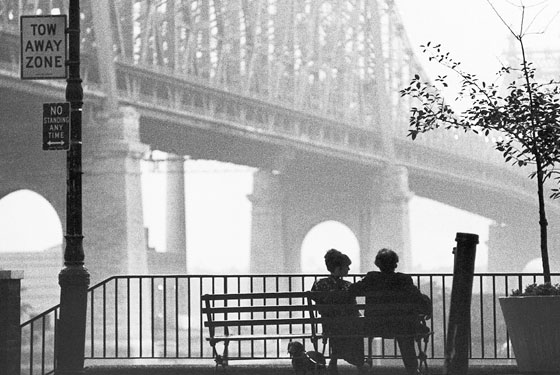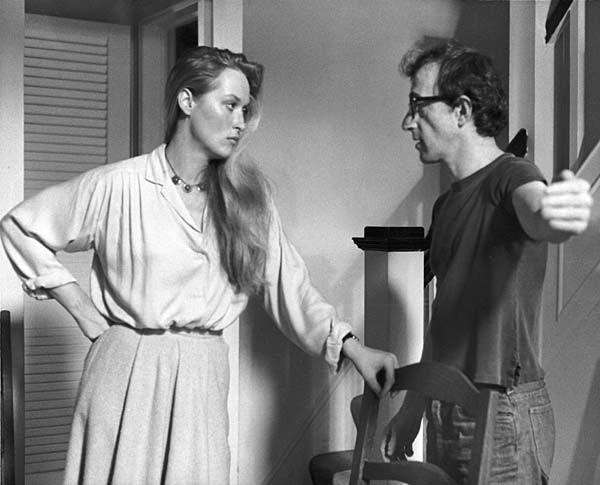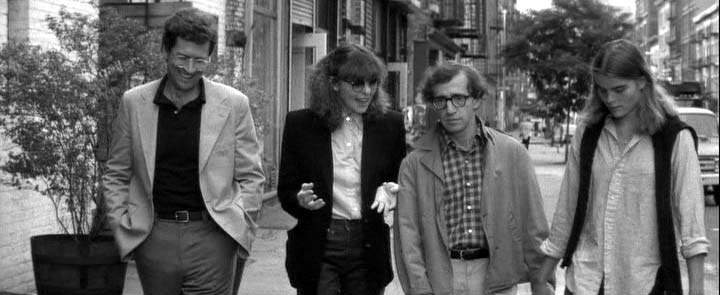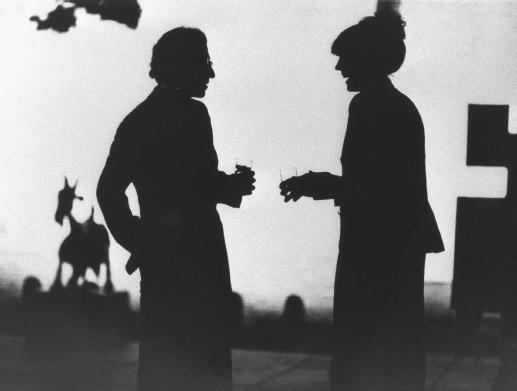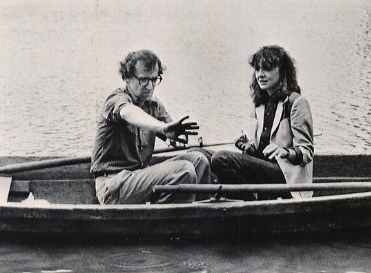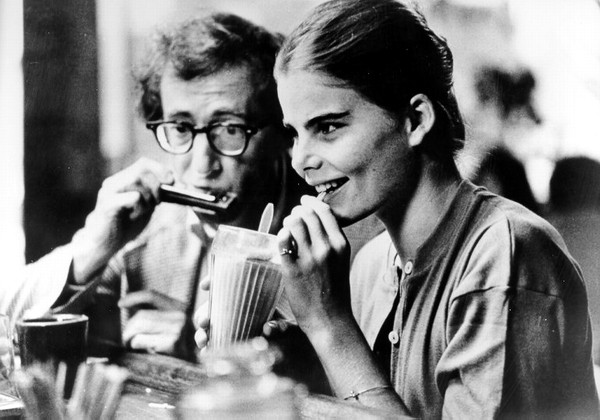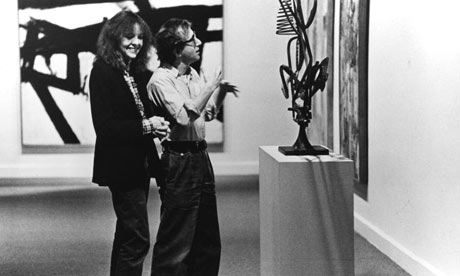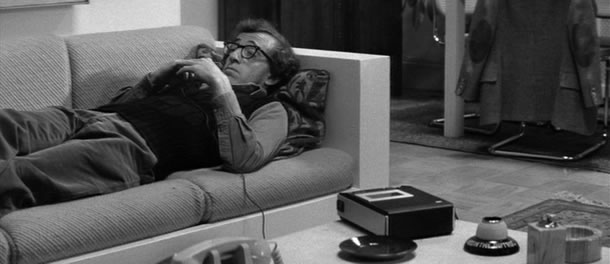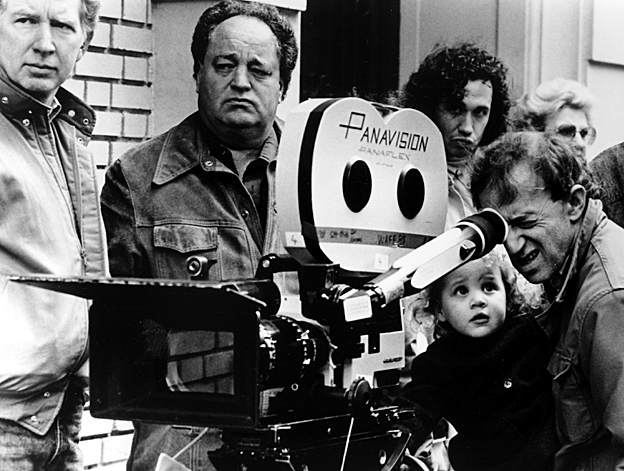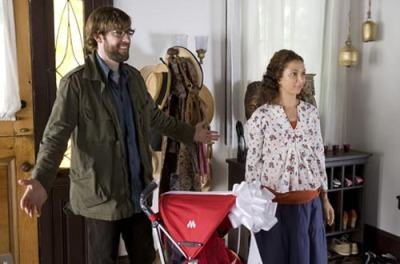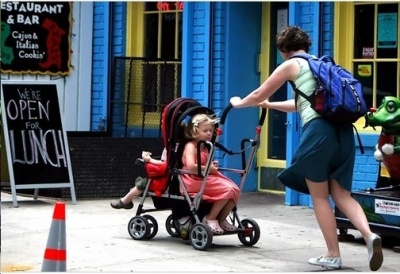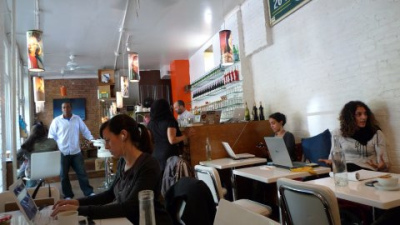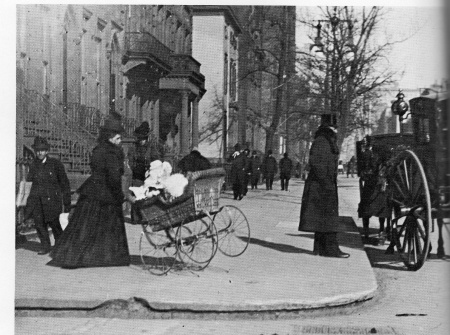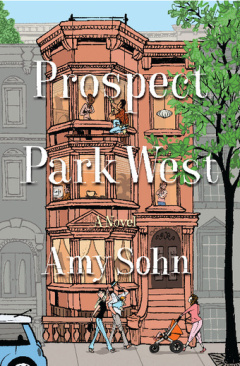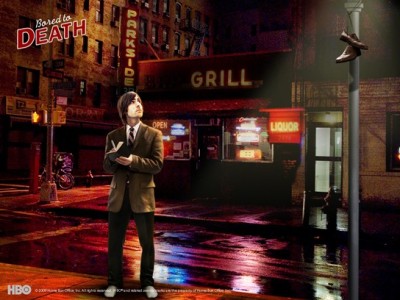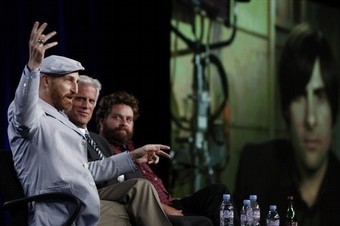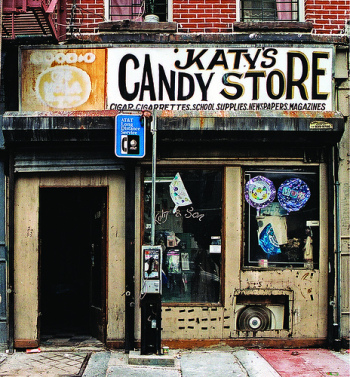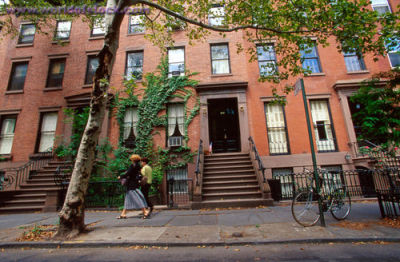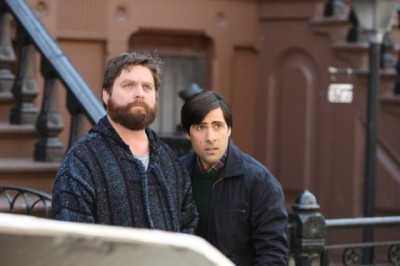 MUSIC
MUSIC In Which She May Bake Some Brownies Today Loo Loo Loo Loo Loo
 Friday, April 2, 2010 at 9:41AM
Friday, April 2, 2010 at 9:41AM Ed. Note: We're in our PLEDGE DRIVE, where we ask you to donate if you like the site. If you have already donated, we can't thank you enough. If you've been thinking about donating, don't put it off another day. Please consider making a small contribution to keep this site alive. It would go a long way towards keeping This Recording on the cyber airwaves. In conclusion, we need your help.
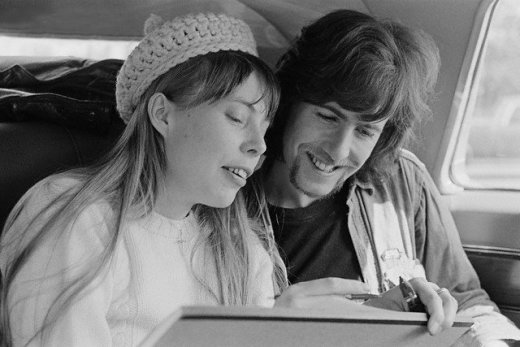
Joni and Graham
by EMILY GOULD
Released just a month after her Grammy win for Clouds, Ladies of the Canyon ushered in a period of unprecedented commercial success for Joni Mitchell. Warner Brothers marketed the album explicitly to young women, betting that they’d aspire to the liberated yet traditional bohemian earth-mother image embodied by Joni and the “canyon ladies” she celebrated.
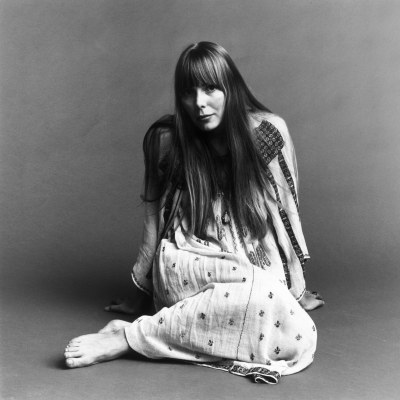
“Cats and babies ‘round her feet/all are fat and none are thin,” Mitchell sang of a Laurel Canyon neighbor; her voice still has that high, pure almost-yodel that cigarettes would eventually strip from it, leaving a more nuanced, less cloying instrument. “She may bake some brownies today/loo loo loo loo loo loo loo.” A listener could be forgiven for wondering what had melted the brilliant lyricist’s brain.
An exaggeration, sure: after all, Ladies contains some of Mitchell’s most enduring hits "Big Yellow Taxi," "Woodstock", and the affecting meditation on fame "For Free." But it also has some resounding, cringe-inducing clunkers: “Sometimes in the evening he would read to her/roll her in his arms and give his seed to her.” Eugh. Was it marijuana? California? Love? All three, probably, but primarily the lattermost.
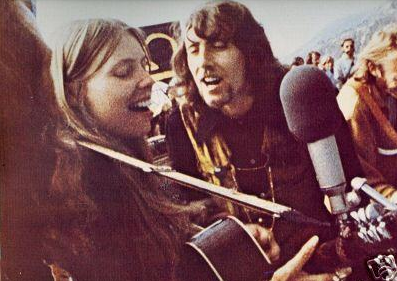
Before this album, Mitchell had sung hymns to women’s – well, her own — empowerment, coming off as preternaturally worldly-wise (she was still in her early 20s) and in control of romances that, while they might have caused her fleeting pain, left her with valuable impressions and experiences. She’d painted a sly, catty portrait of a compulsive seducer in The Gallery, quoting a male celebrity’s emosogynistic pickup line – “’Lady, don’t love me now, I am dead/ I am a saint, turn down your bed/ I have no heart,’ that’s what you said/ ‘I can be cruel, but let me gentle with you.’”
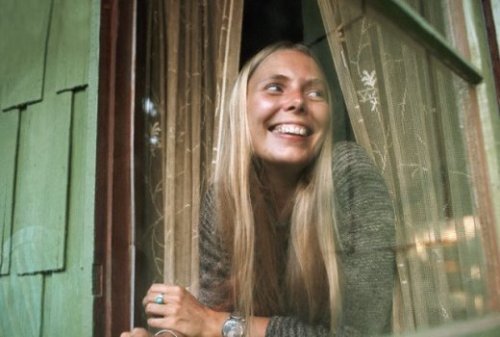
“She will love them when she sees them,” she had written of another song’s heroine’s various lovers, “and her heart is full and hollow, like a cactus tree/ while she’s so busy being free.” By the time Ladies Of The Canyon was released, though, Mitchell was busy settling down.
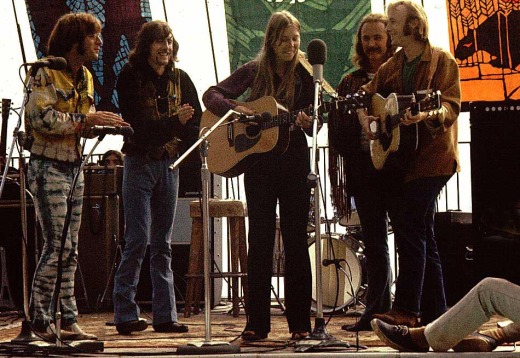
She had met Graham Nash at a radio station’s party for the Hollies, the British Invasion band he was about to abandon in favor of collaboration with the friends he’d made in Laurel Canyon, like David Crosby. Crosby, who’d met and semi-successfully seduced Mitchell during a Coconut Grove club engagement right after his ouster from the Byrds, had been responsible for importing her to California.
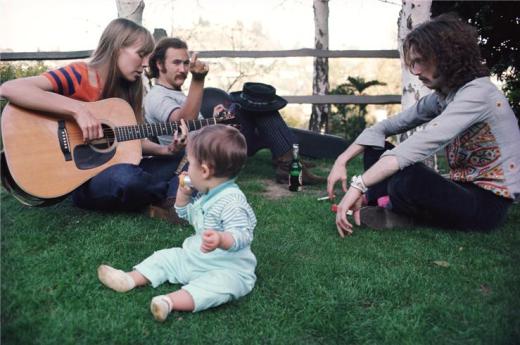
When he learned that Nash and Mitchell would both be in Ottawa simultaneously, he gave Nash a heads-up – and a tacit go-ahead: “He’d said ‘Watch out for this woman,” Nash told Sheila Weller when she interviewed him for her 2008 opus Girls Like Us. He described their first night together in that Ottawa hotel as one of not only carnal but artistic communion: after bringing him up to her room, Mitchell got out her guitar. “She played fifteen songs, almost her entire first record…I was gone. I had never heard music like that.” But it wasn’t just her music that smote Nash, he told Weller. “I loved her before she played a note, just from looking at her and talking to her and realizing what her spirit was.”
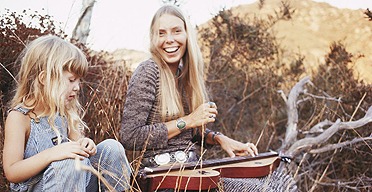
The domesticity that the pair soon settled into in leafy, redolent Laurel Canyon would be immortalized in a hit that Nash would soon record with Crosby and Buffalo Springfield member Stephen Stills. Our House is a portrait of rich-hippie paradise, full of implicit lazy, sunny mornings and sex and good coffee and explicit cats in the yard (two). Who among us has not longed to light the fire while someone else puts the flowers in a newly-bought vase -- newly bought at, probably, a charming antique shop or outdoor flea market? Whether you love or hate "Our House", (or, indeed, CSN/Y), it’s hard to shake the idea of this effortless shacking-up as a domestic and romantic ideal: “Now everything is easy ‘cause of you.”
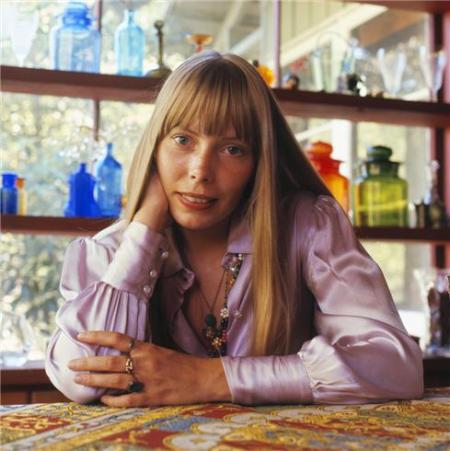
Could the life of two cohabitating artists ever really be “easy,” though? Nash describes racing Joni to the piano in the morning: “It was an intense time. Who’s gonna fill up the space with their music first?” And as CSN got more popular and Joni continued to open for them – especially after her song "Woodstock" became their signature hit – criticism that her performance had been “overshadowed” by theirs must have stung. “Willy [her nickname for Graham] is my child, he is my father/I would be his lady all my life,” Mitchell sings on Ladies, then promptly tones down this already-conditional declaration of lifelong fealty: "But you know it's hard to tell/When you're in the spell if it's wrong or if it's real."
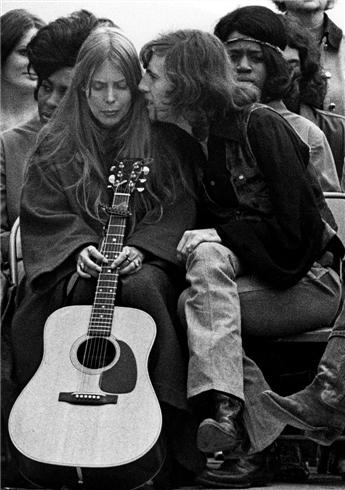
Early in the spring of 1970, Mitchell left the canyon to wander through the Mediterranean for a bit. On that trip she would meet a bright red devil who’d try to keep her in a tourist town in Crete and go to a party down a red dirt road in Ibiza, then come home – relieved and spent – to California, to see the folks she dug. Nash, by that point, no longer numbered among them: from Crete, she’d sent him a telegram that read, "if you hold sand too tightly in your hand it will run through your fingers.”
He’d told the world that he wanted her to play her love songs "only for me;" this had been too much to ask. She'd go on to write more and better love songs and hate songs, and songs of indifference, singing and playing in a sadder, more thwarted mode. From the memories of her travels and her cumulative heartbreaks, she would create an album that, while it contained no cats, no babies, and no sun-dappled paeans to idealized hippie homemaking, laid the groundwork for the rest of her career.
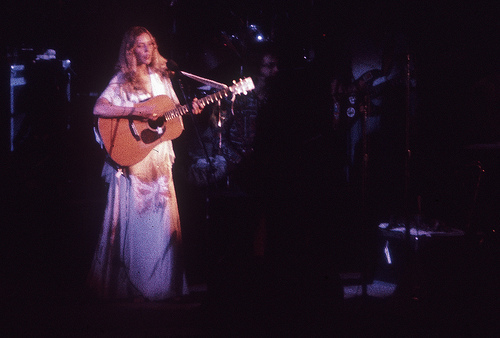
"I am on a lonely road and I am traveling, traveling, traveling, traveling/ looking for something, what can it be?" Blue began. “Oh I hate you some, I hate you some/I love you some/ Oh I love you when I forget about me.” She would love lots of people besides Nash, of course (indeed, All I Want is, per Weller, likelier about James Taylor), but she would never again, for better or worse, forget about herself.
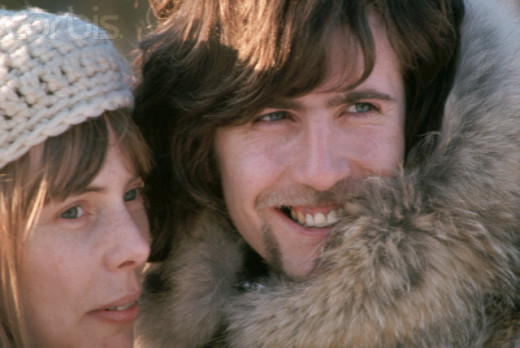
Meanwhile, back in California, Nash wrote his first solo album, Songs for Beginners. The song “Simple Man,” like much of the album, is unambiguously, vulnerably directed towards Mitchell: “Never been so much in love/And never hurt so bad at the same time…I wish that I could see you once again/Across the room like the first time. /I just want to hold you, I don't want to hold you down.”
Emily Gould is the senior contributor to This Recording. She is a writer living in Brooklyn. Her book And The Heart Says Whatever comes out in May. You can preorder it here.
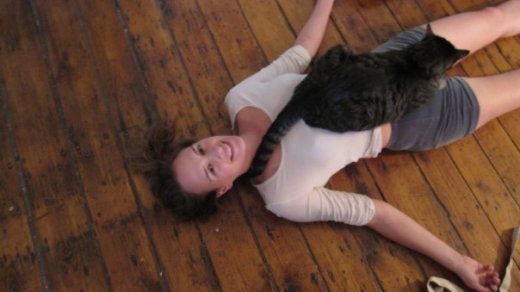
"The Circle Game" - Joni Mitchell (mp3)
"The Arrangement" - Joni Mitchell (mp3)
"The Priest" - Joni Mitchell (mp3)
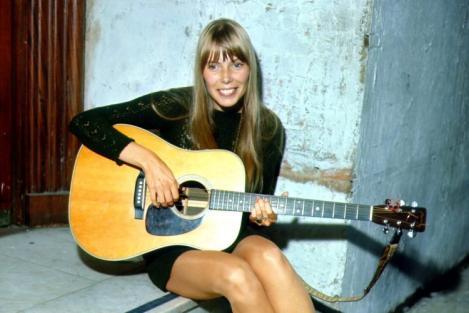

 emily gould,
emily gould,  graham nash,
graham nash,  joni mitchell
joni mitchell 































